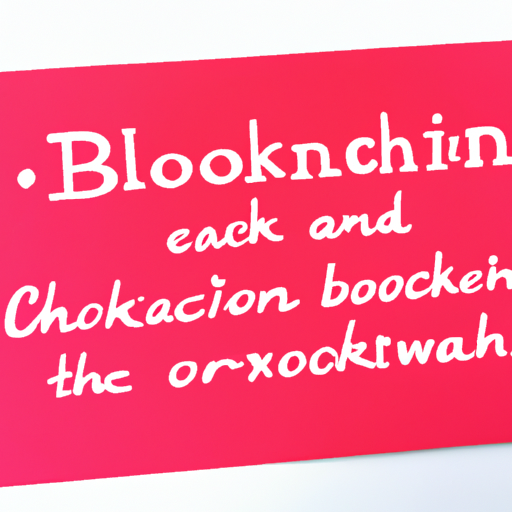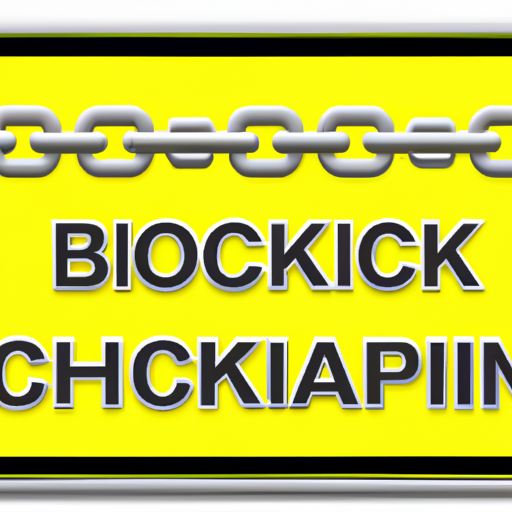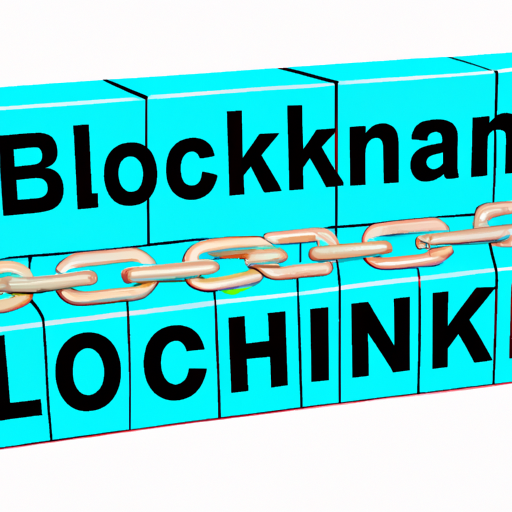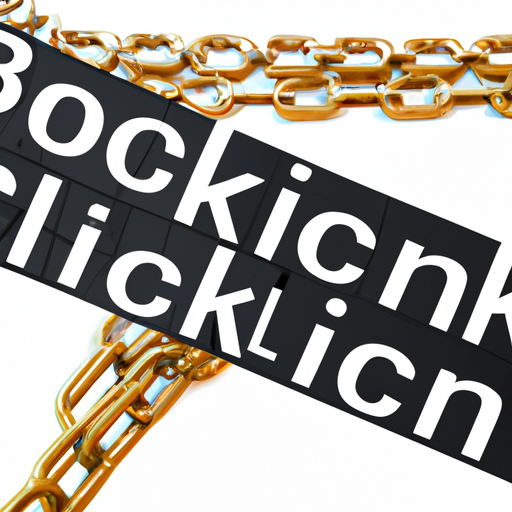The demand for transparency and efficiency in supply chains has never been higher. As industries adapt to the challenges of globalization and consumer preferences, innovative solutions are required. Enter blockchain technology—a game changer poised to reshape how supply chains function.
What is Blockchain?
Blockchain is a decentralized digital ledger technology that securely records transactions across a network of computers. This technology ensures that all transactions are transparent, tamper-proof, and easily accessible, facilitating trust among stakeholders.
The Benefits of Blockchain in Supply Chain
- Enhanced Transparency: Every transaction can be traced back to its source, providing a clear record of the product journey from manufacturer to consumer.
- Increased Efficiency: By eliminating intermediaries and streamlining processes, blockchain can significantly reduce delays and costs.
- Improved Security: The distributed nature of blockchain means that data is less vulnerable to hacks and fraud, providing an added layer of protection for sensitive information.
- Smart Contracts: Automated agreements that execute when conditions are met can simplify contracting processes, reducing human error and increasing transaction speed.
Real-World Applications
Many leading companies have begun to implement blockchain technology into their supply chains. For example, Walmart uses blockchain to trace food products from farms to store shelves, enhancing food safety and minimizing waste. Similarly, luxury brands are utilizing blockchain to combat counterfeiting by proving the authenticity of their goods.
Challenges Ahead
Despite its potential, integrating blockchain in supply chains faces hurdles, including scalability issues, the need for industry-wide standards, and resistance to change from traditional systems. However, as awareness grows and the tech matures, these barriers are likely to diminish.
Conclusion
Blockchain technology is not just a trend—it represents the future of supply chain management. As organizations recognize the value of transparency, efficiency, and security, we can expect a radical evolution in supply chains, benefitting consumers and producers alike.
Stay tuned to our blog for more insights on blockchain and its impact on various industries!











